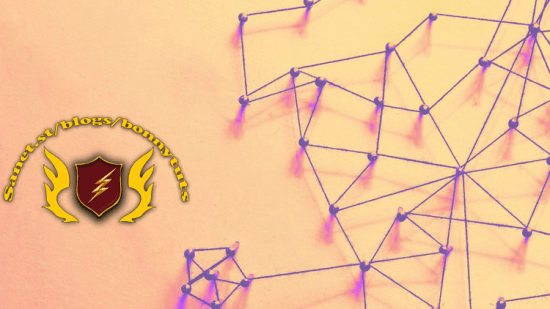
MP4 | Video: h264, 1280×720 | Audio: AAC, 44.1 KHz, 2 Ch
Genre: eLearning | Language: English + srt | Duration: 25 lectures (3h 1m) | Size: 1.19 GB
Learning to work with Neo4j and Cypher Query Language
What you’ll learn
The learner will appreciate the central nature of relationships to identify graph-shaped problems suitable for graph databases
An appreciation of the different types of No-SQL databases and the specific cases when they apply
Query a graph database in Neo4j using the Cypher Query Language
Undertake intermediate queries using Cypher Query Language, including undertaking shortest path queries in Neo4j
Requirements
No knowledge of SQL required, although SQL and other query languages do make concepts easier to grasp
Description
The course initially begins with an introduction to graph theory concepts, including, the history of graph theory. Then, he course begins by introducing the learner to NoSQL databases, after providing a context on the history of database development.
Then, the course introduces the learner to one of the graph databases – Neo4j, and the associated query language, Cypher. Cypher will likely constitute the foundation of a standardized graph query language, and learning Cypher will not limit one’s application to Neo4j alone. The course touches upon how it is easy for any learner transitioning from SQL to easily grasp Cypher.
Neo4j was valued at 2 billion in 2021, and raised a substantial sum for its funding rounds – graph databases are becoming increasingly used in fraud detection, influence analysis, transportation networks, and for generating knowledge graphs.
Part 2 of the course focuses on querying with the Cypher Query language on the Movies dataset built into Neo4j, so the learner becomes familiar with using the Cypher query language
Retrieve information on the schema of the database
Query the graph database (Filter results with the WHERE clause, Querying patterns, Querying a database (building a list, collect and count data, calculations), Control results (duplication/sorting))
Create Nodes and Relationships (Create and Delete Nodes, Create and Delete Relationships)
Indices and Constraints (Create and use a simple index, Create and use a composite index, Create and use Full-text schema index, Create, use and delete a Uniqueness constraint, Create, use and delete an Existence constraint)
Importing data from a CSV file into Neo4j
Who this course is for
Anyone who plans to extend their NoSQL exposure/expertise to graph databases, keen to complete the Neo4j certification
To include a graph database project in their portfolio
Social science researchers looking to learn how to work with influence analysis and other applications of graph databases etc.
Anyone curious about networks
Password/解压密码www.tbtos.com
转载请注明:0daytown » Introduction to Graph Databases, Neo4j & Cypher